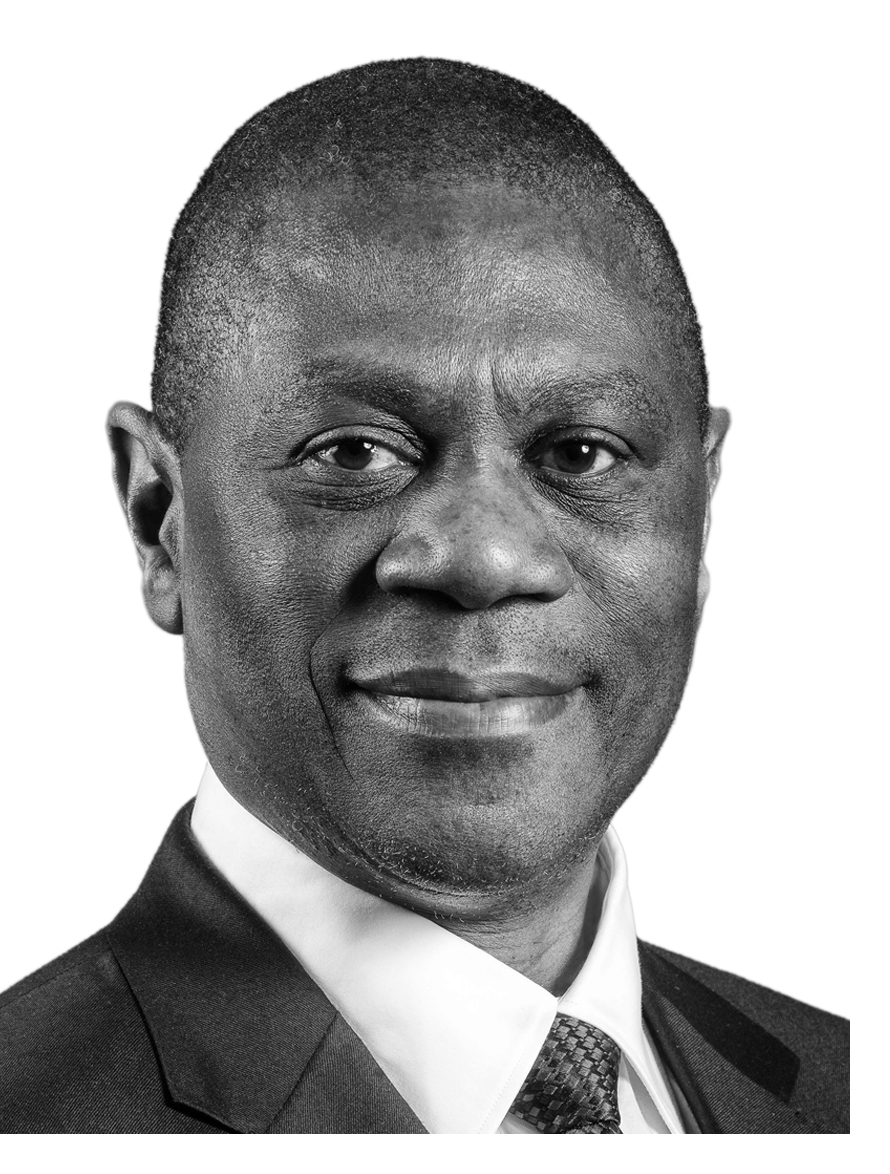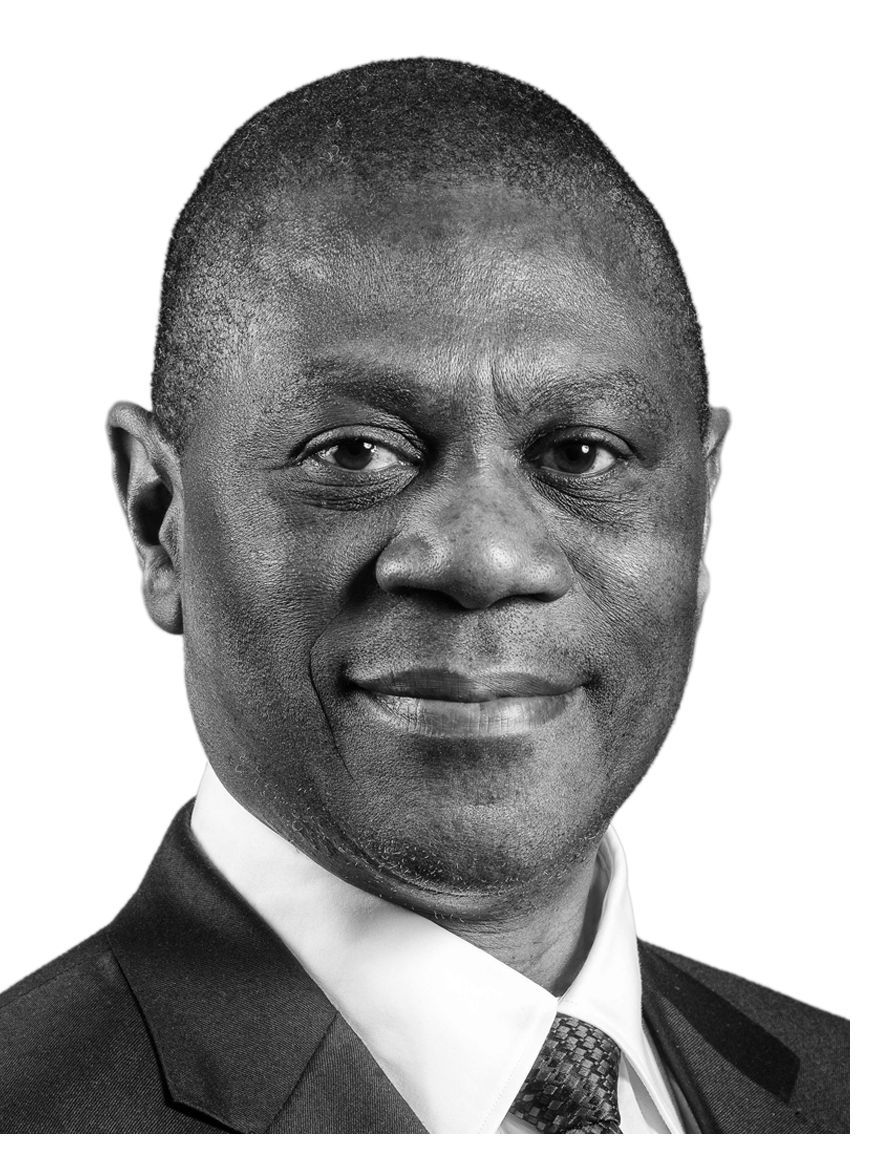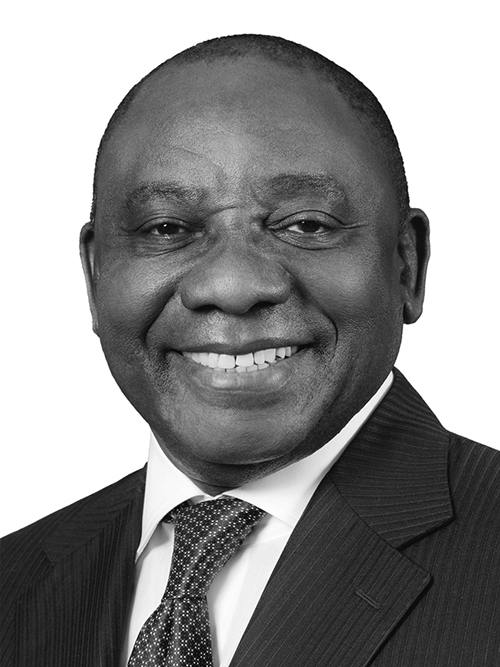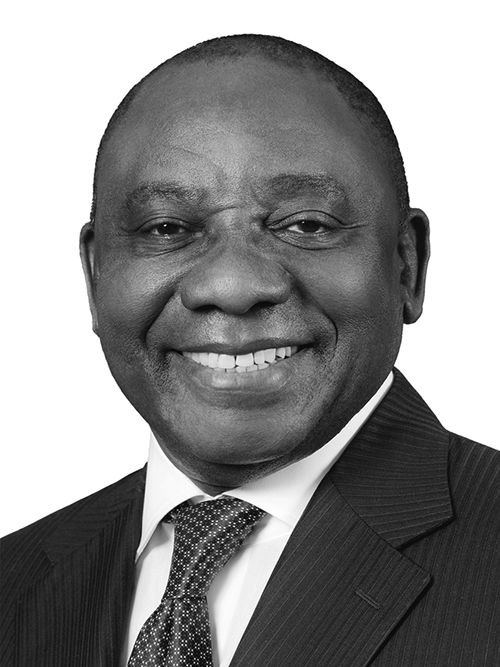QUESTION 1
SOVEREIGN WEALTH FUND
1. Mr MJ Maswanganyi (ANC) to ask the President of the Republic:
How will the Government (a) develop the Sovereign Wealth Fund and (b) ensure that its development benefits the majority of the people of the Republic?
NO293E
Honourable Members,
Sovereign wealth funds are used by many countries around the world to harness national resources for economic and social development.
They are often used to preserve and grow the country’s wealth for the benefit of future generations.
In a document published in December 2021, National Treasury describes some of the features of a sovereign wealth fund.
It describes such a fund as a state-owned company that would accumulate resources for capital investment through a dedicated revenue instrument.
It would then invest these resources in different asset classes.
Countries with sovereign wealth funds broadly maintain surpluses in their current accounts and budget balances. This provides the fiscal space to establish a sovereign wealth fund.
At present, South Africa’s fiscal position – with substantial current account and budget deficits – is not favourable for the establishment of a sovereign wealth fund.
Funding for service delivery remains under pressure. Additional resources are required to improve the recruitment of key personnel such as police and teachers. We also need to increase investment in the maintenance of basic service infrastructure.
In light of these realities, the most appropriate policy path is to use any additional resources at this moment to reduce the debt burden and improve the delivery of services.
Several countries use revenue from the exploitation of natural resources to establish and sustain sovereign wealth funds.
In South Africa, however, the public revenues or royalties derived from mineral resources have historically not been very reliable or consistent.
We have therefore suggested that one of the possible routes towards the establishment of a sovereign wealth fund is through the reform and consolidation of our state-owned enterprises.
We are working to implement a new centralised ownership model for SOEs.
As I said in the Opening of Parliament Address, the establishment of a state-owned SOE holding company will give us greater capacity to build a sovereign wealth fund.
This has been done successfully by other countries whose sovereign wealth funds have built up capital from the high performance of the state owned enterprises rather than from the fiscus.
While the conditions do not currently exist to enable the immediate establishment of a sovereign wealth fund, this is an objective to which we should continue to work.
Such a fund could help to ensure that the national wealth of our country is effectively used to support economic and social development for years to come.
I thank you.
QUESTION 2
PRIVATE INVESTMENT IN INFRASTRUCTURE
2. Mr G Michalakis (DA) to ask the President of the Republic:
Whether the Government has commissioned any studies or investigations to determine the extent to which private sector investments into the crumbling ports, railways and other infrastructure can drive the economic growth of the Republic; if not, what is the position in this regard; if so, what are the relevant details of the (a) findings of such studies or investigations and (b) steps that the Government is taking to facilitate and encourage private sector investments?
NO299E
Honourable Members,
For our economy to grow, we need an efficient and well-functioning logistics system.
It is vitally important if the goods we produce are to be globally competitive.
That is why we have focused on the logistics sector as part of our broader agenda for economic reform.
For many years, our rail system and ports have suffered from underinvestment in infrastructure, equipment and maintenance. This has contributed to deteriorating performance.
This trend was exacerbated during the state capture period. Funds were diverted away from pressing infrastructure needs.
The poor condition of our rail network and the inefficient operation of our port terminals now represent a binding constraint on economic growth and job creation. This has implications for key sectors such as mining, agriculture and manufacturing.
We are urgently working to restore our logistics system to world-class standards.
As a result of Transnet’s limited balance sheet and our constrained fiscal resources, we need to mobilise capital for this from the private sector.
During the sixth democratic administration, Operation Vulindlela, together with the Department of Transport, commissioned research on the opportunities for private sector participation in the logistics sector.
This research found that there is significant appetite for private investment in ports and rail.
It also found that a clear and consistent legal and regulatory framework is needed to unlock this investment. It requires a level playing field for private operators.
This work informed the development of the Freight Logistics Roadmap and the Private Sector Participation Framework for the Rail Sector. These were approved by Cabinet in December 2023.
Significant progress has already been made in implementing the Freight Logistics Roadmap.
Transnet has published a draft Network Statement for the rail system. This will enable private rail operators to access the network for the first time.
Transnet is undergoing a fundamental restructuring process to separate infrastructure from operations. This is through the establishment of the Rail Infrastructure Manager and the National Ports Authority as independent subsidiaries.
Private sector participation is being introduced in container terminals. This is starting with an equity partnership between Transnet and an international terminal operator for the Durban Pier 2 Container Terminal.
A dedicated Private Sector Participation Unit has been established by the Department of Transport to identify and develop further opportunities for private investment.
These opportunities would be realised through concessions, joint ventures and other models.
At the same time, we have made it clear that port and rail infrastructure will remain in public ownership, even as competition is introduced in operations.
We are confident that through these efforts, and by implementing the Freight Logistics Roadmap, we will enable massive new investment in our ports and rail system. This will unlock economic growth and create jobs.
I thank you.
QUESTION 3
AFRICAN AGENDA
3. The Leader of the Opposition (MK) to ask the President of the Republic:
With reference to his address to the African Union on 25 May 2020, during which he honoured the legions of revolutionary leaders of Africa who took up the mantle of Pan-Africanism and who fought for the economic and political integration of Africa, (a) how does he justify the Republic’s foreign policy which often seems to be more aligned with Western interests than with the needs of the African continent and (b) what steps has he taken to ensure that the Republic remains a leader in promoting African unity and self-determination?
NO297E
Honourable Members,
Africa stands at the centre of our foreign policy.
We are firmly committed to strengthening the African Union as an instrument of peace, stability, integration and development on the continent.
South Africa plays a leading role on several continental issues.
We are, for example, the chair of the Presidential Infrastructure Champion Initiative.
We are currently the AU Champion on Pandemic Prevention, Preparedness and Response
South Africa has been working closely with other countries towards the full implementation of the African Continental Free Trade Area. This is set to eliminate trade barriers, boost intra-African trade and advance prosperity for all of Africa.
We continue to work within the African Union to end several ongoing conflicts on the continent and restore constitutional and democratic government to countries that have recently experienced coups.
We are currently involved in supporting the people of Mozambique, the Democratic.
Republic of the Congo, South Sudan and other countries to ensure that there is peace and stability on the continent.
As the African Union Chair in 2020, South Africa led the continental response to the COVID-19 pandemic.
This involved overseeing a continent-wide strategy, setting up innovative online platforms to access essential medical supplies, mobilising international funding and securing vaccines.
South Africa has consistently championed the African agenda on the world stage.
South Africa successfully advocated for the inclusion of the African Union as a fullyfledged member of the G20.
We have indicated that we will place the interests of the African continent prominently on the agenda of our G20 Presidency next year.
South Africa has also stressed the value of the BRICS alliance to advancing Africa’s developmental agenda. As Chair of BRICS last year, South Africa invited representatives from other African countries to attend the summit hosted in Johannesburg.
Forty-six African countries attended, including 20 heads of state and government.
South Africa pursues an independent foreign policy.
Through our foreign policy, we aim to promote our national Interest based on the protection and promotion of our national sovereignty and constitutional order.
The key pillars of our foreign policy include the promotion of human rights, peace and stability and the strengthening of trade and investment ties with other countries.
Since the advent of democracy, South Africa has taken a position of non-alignment.
This means we have chosen not to align ourselves with any of the major global powers or blocs.
Instead, our country strives to work with all countries for global peace and development.
We are guided by our own values and principles. And we are firmly committed to advancing the development and prosperity of the continent that we call home.
I thank you.
QUESTION 4
SMALL AND EMERGING FARMERS
4. Ms DD Pule (ANC) to ask the President of the Republic:
Noting the high levels of concentration in critical productive sectors of the economy like agriculture that is limiting access to markets for the previously disadvantaged small and emerging farmers, as well as the report of the Competition Commission that records that less than 1% in fresh produce sales come from smallholder or previously disadvantaged farmers, what are the integrated policy measures to (a) reverse the high levels of concentration in the agricultural sector and (b) expand access to markets for small-scale and previously disadvantaged farmers?
NO294E
Honourable Members,
Concentration of ownership, production and market access in agriculture constrains the potential of our economy.
It supresses agricultural output and undermines growth and job creation.
It also perpetuates the historical injustice of land dispossession.
The Agriculture and Agro-processing Master Plan is an important instrument to address this challenge.
The Master Plan aims to build an agriculture and agro-processing sector that is inclusive, competitive, job-creating, sustainable and growing.
Pillar 5 of the Master Plan specifically seeks to facilitate market expansion, improve market access and promote trade.
This will be achieved through, among other things, strengthening partnerships with established industry associations to ensure SMMEs can access existing networks that facilitate exports.
The Master Plan aims to increase the participation of black farmers in National Fresh Produce Markets.
It aims to ensure that the National Agricultural Marketing Council and the Marketing of Agricultural Marketing Products Act facilitate market access for black farmers.
Government is working with the Perishable Products Export Control Board to assist smallscale and previously disadvantaged farmers in complying with food safety requirements.
The ability of previously disadvantaged farmers to consistently supply the markets is also as a result of low throughput.
It is for this reason that the Master Plan has prioritised producer support as one of its critical pillars. This support includes financing and extension and advisory services.
By 2030, the Master Plan aims to increase the share of black producers in production of grains from 4 percent to 20 percent, in livestock from 32 to 40 percent, in fruits from 2 to 10 percent and in vegetables from 15 to 29 percent.
Given the extent of the challenge facing small producers, we welcome the provisional report of the Competition Commission’s Fresh Produce Market Inquiry.
We look forward to the publication of the final report and the recommendations that it will make for addressing market concentration in the agricultural sector.
I thank you.
QUESTION 5
HOUSING IN ALEXANDRA
5. Mr JS Malema (EFF) to ask President of the Republic:
Whether, considering the promise he made to the people of Alexandra in 2018 that the Government would build one million houses in that township, and with reference to the Sjwetla township where people get washed away by the river each time it rains, the building of the houses has commenced; if not, why not; if so, (a) what are the details of the progress that has been made thus far and (b) by when is the building of the houses envisaged to be completed in Alexandra?
NO298E
Honourable Members,
In April 2019, I spoke to residents of Alexandra about the challenges they faced.
I made reference to a programme for the whole of South Africa to build one million houses.
It is quite clear from the recording of what I said, these houses were not just for Alexandra.
There is simply not enough space in Alexandra for development that even approaches such a scale of magnitude.
Housing in Alexandra has long been a challenge.
Many people continue to move to Alexandra due to its proximity to economic opportunities.
This strains existing resources and increases housing demand.
There is a lack of available land for development in and around Alexandra. This is made worse by land invasions and the growth of informal settlements.
Under these conditions, the different spheres of government are working together to address the housing challenges in Alexandra.
Plans are underway to build approximately 40,000 houses in Frankenwald and Linksfield, benefiting Stjwetla residents and others in Alexandra.
One of the urgent tasks is to relocate approximately 8,000 households who are in the flood lines of the Jukskei River.
An enumeration process to establish which households will be affected has been completed.
Various land parcels have been identified for relocation. Studies on the suitability of the land have been completed on secured land portions.
One project, known as the Linksfield Development, has secured township proclamations for a proposed 10,000 units.
The costing and engineering approvals have been obtained. Construction of social housing and open market units have started.
Another project, the Frankenwald Development, is currently in the township proclamation phase and is projected to yield 30,000 units.
The government is actively working to unblock and complete various stalled housing projects in Alexandra.
Progress has been made on projects like the Helen Joseph Hostel and KwaNobuhle Hostel, with design approvals and beneficiary administration processes underway.
The City of Johannesburg has obtained an evacuation order to relocate households in flood-prone areas of Stjwetla.
Environmental assessments are underway to identify affected households and efforts are being made to secure land for relocation.
Units have been constructed in other smaller projects, like Marlboro Gardens, Marlboro 2nd Avenue and Madala Hostel.
The specific challenges in Alexandra create a complex environment for housing development.
These challenges requires a multi-faceted approach and collaboration between various stakeholders to overcome them.
Progress is being made. And government remains committed to delivering housing solutions and improving the living conditions of the people of Alexandra.
I thank you.
QUESTION 6
ANGOLA AND ILLEGAL TRADE
6. Mr NM Hadebe (IFP) to ask the President of the Republic:
Whether, with regard to his recent visit to Angola and the invitation he has extended to President João Lourenço for an official visit to the Republic, which his counterpart accepted, he intends initiating discussions on combating illicit trade and illegal substances that may be in transit between the two countries, in order to protect the assets of Africa, such as its minerals and wildlife; if not, what is the position in this regard; if so, what are the relevant details?
NO300E
Honourable Members,
His Excellency President João Lourenço of the Republic of Angola has accepted my invitation to undertake a state visit to South Africa.
The objective of the visit is to further strengthen cooperation in various political, economic, security and social areas.
The agenda for the meeting between the two Heads of State is currently being developed.
It is envisaged that various Ministers will assist the two Heads of State in preparing for the visit.
Within this context, the Ministers will have an opportunity to reflect on safety and security matters, including the trade and transport of illegal substances between the two countries.
They would then be able to present a report and recommendations to the Heads of State during the State Visit.
I thank you.










